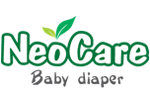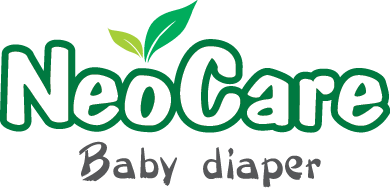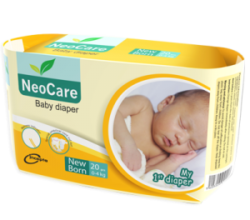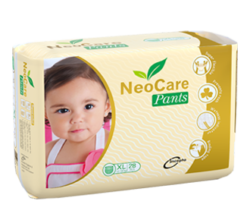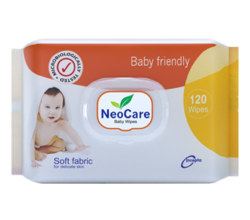Breastfeeding Guide

Breast feeding basics
How to start breast feeding
It may be the best time to start breast feeding, when you have taken your baby in your arms for the first time. At the beginning, breast milk will be produced in a very small quantity. This milk is known as “shawl milk” which can protect the baby from infection. Turn the whole body of the baby towards you and take the baby near to your chest. Try to touch the nipple to the lips of the baby and when the baby opens her/his mouth try to enter it in the mouth and hold it there.
There is nothing to worry if the baby can’t open his/her mouth or can’t hold nipple within the mouth. For breast feeding you need to have so much patience and practices. If you are in hospital, you can take help from nurses in this regard.
If the child is premature then he/she will not be able to breastfeed by his/herself. In this case, breast milk should be pumped and then fed.
How many times a day you will breast feeding
The more you will breast feed, the more milk will produce. You can breast feed the baby around 8-10 times per a day. The baby must be breastfed frequently at an interval of 4 hours. If the baby is asleep, then you will wake him/her up slowly for breast feeding. Sometimes, the baby falls asleep while breast feeding. In that case, feed again after he/she wakes up.
Mother’s food during breast feeding
Balanced and nutritious foods help to produce breast milk. Many people cut their meals to control their weight as a result babies do not get breast milk and suffer from malnutrition. For this, you can take small meals frequently but do not eat too much. You must strictly avoid caffeine and alcohol.
Benefits of breast feeding
Benefits for children
- Up to six months of age, all the essentials nutrition and energy for the baby is available in breast milk. In this way, the maximum physical & mental development of the child will increase.
- Breast milk is easily digested and allergy free.
- Breast milk is the only safe food for baby under the age of six months. There is plenty of water in the breast milk so there is no need to feed water separately.
- It helps to develop a baby’s mentality and also brain structure.
- The bonding with mother becomes stronger.
Benefits for mother
- Breast feeding reduces the post partum hemorrhage.
- Birth control is not needed during baby’s regular breast feeding.
- Regular breast feeding can reduce the risk of breast, uterus and ovaries cancer.
- It reduces the risk of osteoporosis (bone decrease disease) at the end of life decrease.
- There is a lot of energy required for breast feeding so that excessive weight can be reduced.
How to pump your breast milk?
Breast milk can be pumped by using your hand. Firstly, the mother should put the thumb above the nipple & rest of the four fingers over the lower part of the breast. Then apply pressure and leave it slowly. Apply pressure with thumb and index finger. Apply pressure in the upper part of the nipple and below. Do not apply pressure on nipple. Turn around the nipple and apply pressure on it. At first, breast milk may not come but it will come slowly. Store it in clean containers.
Clean your hand before breast feeding. Take as much as you can feed at one sitting and pour it into another container. At normal temperature, breast milk can be stored for 6-8 hours. It can be stored in refrigerators for 2-3days (in this case before breastfeeding, keep it in hot water containers to warm).
Breast feeding in certain cases
In case of some mothers, it is found that breast milk is not adequately produced; in this case mother must be breastfed correctly. The more babies will breastfeed, the more milk will be produced.
If the mother has diabetics, polycystic ovary syndrome and surgery in breast or nipple, then it causes problems to produce breast milk. If the mother is infected with HIV or TB, consult with the doctor before breast feeding. If both mother and child are infected with chicken pox, then you can do breast feeding but if only mother is effected with this then stay away from the baby until recovery and can feed breast milk by pumping. Mothers who are effected with hepatitis A,B,C can breast feed their children. During breast feeding, the mother must be excluded from smoking and alcohol because it is harmful for the child. Around the mother & baby, someone should not be smoked. Due to birth defects in mouth and lips of a baby, can create problems in breast feeding. In this case, you should pump your breast milk to feed. If the child has galactosemia(it’s a rare genetic problem for which the body can’t convert galactose into glucose, for this energy does not generate. Galactose can be found in milk & milk made food) then the child will need lactose-free milk instead of breast feeding. The sick child should be repeatedly breast feed.
In case of working mothers
If there is a good arrangement in the workplace then you should take the child with you or should pump your breast milk so that instead of mother other members of the family can feed the baby. After coming home, the baby should be repeatedly breast feed.
